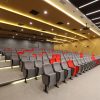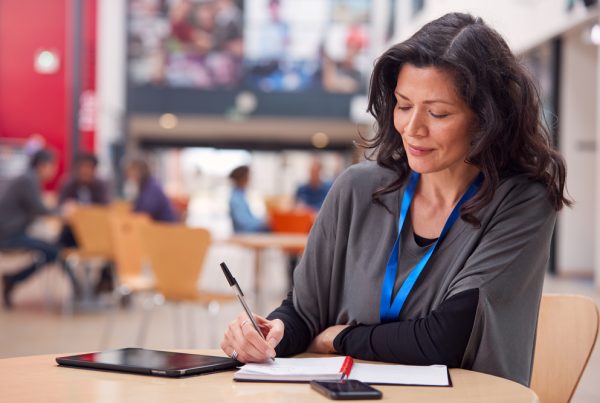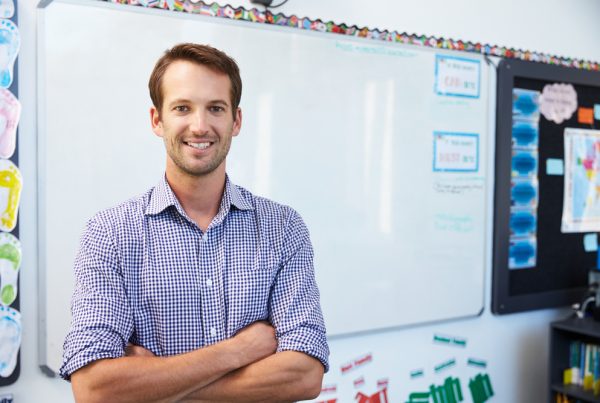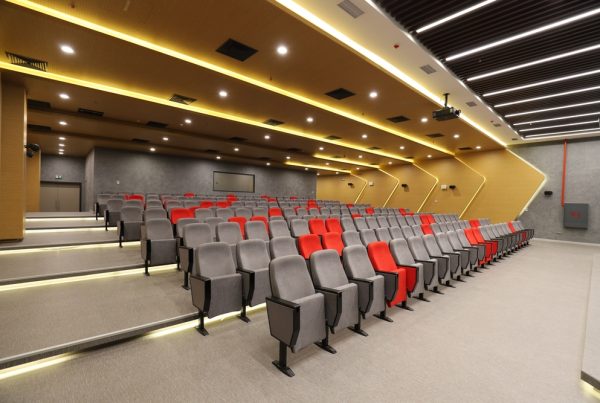The recently updated Australian Curriculum includes a cross-curriculum priority that explores Asia and Australia’s Engagement with Asia (AAEA), strategically, politically, culturally, and economically.
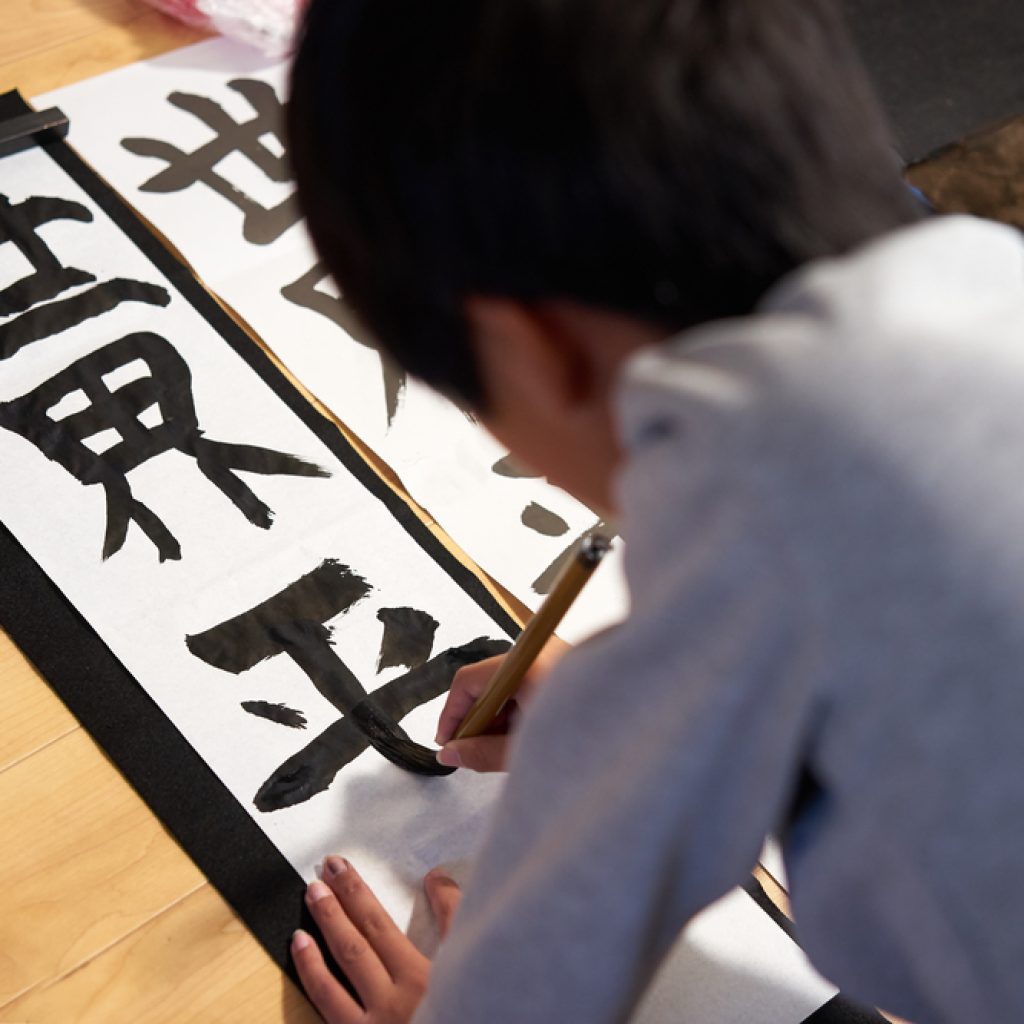
Celebration and acceptance of cultural diversity are at the heart of this cross-curriculum priority, as is the need for Australian teachers to develop best-practice content. The Australian Curriculum, Assessment and Reporting Authority (ACARA) states:
“Asia is our part of the world. Knowing, understanding and growing engagement with Asia is foundational for young people as Australia seeks to strengthen its ties in the Asia region. Australians require intercultural understanding, empathy and confidence to contribute to, and understand, Asia–Australia engagement.”
Inspired by this curriculum development, Dr Hongzhi Zhang and Dr Philip Chan, from Monash University’s Faculty of Education, are co-leading a pioneering effort to redefine educational practices so students and teachers can build global interconnectivity and cultural diversity within their local contexts.
Research shows that the Australian Curriculum content to support the AAEA is minimal and unevenly distributed across key ideas, learning areas, and explanatory materials.
Discussions on Asia literacy in the Australian context expose instances of historical and contemporary anti-Asian racism.
Moreover, these materials provided for learning areas are not available for the dimension of cross-curriculum priority of Asia and Australia’s engagement with Asia. This absence of teaching resources is a challenge for teachers tasked to plan and implement this cross-curriculum priority, which has created a gap for teachers.
Meanwhile, the Australian Chinese communities have preserved the rich historical and cultural resources of Chinese migrants’ contributions and incorporations into local Australian society.
With heartfelt conviction, passionate local Chinese community leader Charles Zhang declares:
“We really care about preserving the history and culture of Chinese migrants in Australia. It’s like holding onto a special connection that highlights their important contributions to our local community.”
For this collaboration, the CEO of Ararat Rural City Council, Dr Tim Harrison, said:
“We are proud to participate in this special project celebrating the rich contributions of our local Chinese community to Australian society. Together, we’ll preserve their cultural heritage, ensuring their vital role in shaping our community is recognised in our local community.”
The Australia-China Community-Engaged Pedagogy for Teaching (ACCEPT) brings together Monash academics, school teachers, students, and cultural museums, galleries, and libraries. Engagement with local communities enables the learning to be authentic and locally-situated, while also responding to the growing imperative of integrating cross-curriculum priorities within the student experience.
For the art education strand of the ACCEPT project, the researchers, teachers, and students are all positioned as artists, researchers, and teachers. The cultural and community sharing, as well as the art education possibilities that this project provokes, sets the groundwork for teachers and students to build community and cultural agency.
PhD candidate Yaqing Hou, who works on the ACCEPT project, says:
“The project is exciting because it enables us to foster collaborative partnerships with Australian educators and students to focus on cross-cultural Asian and Australian culture. Art and media are a big part of our shared cultural experiences, and are an enjoyable way to learn about each other.”
The focus on community engagement enables art teachers and students to explore local art and cultural assets, inspiring the exploration of regional, state, national and international connections. In the process, participants strengthen their artistic, community and cultural capacity across cultures while developing their own artistic responses to the learning.
This project aims to collaborate with school teachers to co-create teaching plans by exploring and incorporating Chinese cultural resources into the subjects.
Key stakeholders and Chinese cultural organisations co-design age-appropriate education programs to engage students, make learning authentic, and build connections with the local community. For example, the science team of researchers and teachers work with community partners to select suitable local resources for teaching.
By using local examples of scientific knowledge and development, students not only develop a deep respect and appreciation of the knowledge of the local community, but it also ensures the learning is authentic and relevant to students.
Dr Shaoru Annie Zeng, an experienced Australian school teacher specialising in Chinese language, says:
“… the recognition of Chinese as not just a language but a vessel for cultural and historical narratives is highly relevant in Australia’s multicultural fabric and its increasing engagement with Asia. The community-engaged pedagogy allows students not only to learn the language, but also to engage with it in a manner that vividly brings history and culture to life.”
PhD candidate Grace Ji shares her teaching idea of applying the community-engaged pedagogy to teach business and economics that explores “… social and environmental ethics of unfairly-treated Chinese labour during the gold rush of the mid-1800s, and allows students to reflect on contemporary trading practices, and promote better corporate social inclusion and equity”.
Through collaborative efforts, the ACCEPT research team, along with participating teachers, children, and local cultural museums, will not only enhance their teaching practices, but will also actively shape a curriculum that reflects the richness and diversity of both local Australian and Chinese cultures.
Such a canvas becomes a shared space, transcending geographical boundaries and fostering a dialogue beyond words.
This article was co-authored by Dr Shaoru Annie Zeng, Yaqing Hou ,and Grace Ji.
This article is republished from Monash Lens under a Creative Commons license. Read the original article here.



